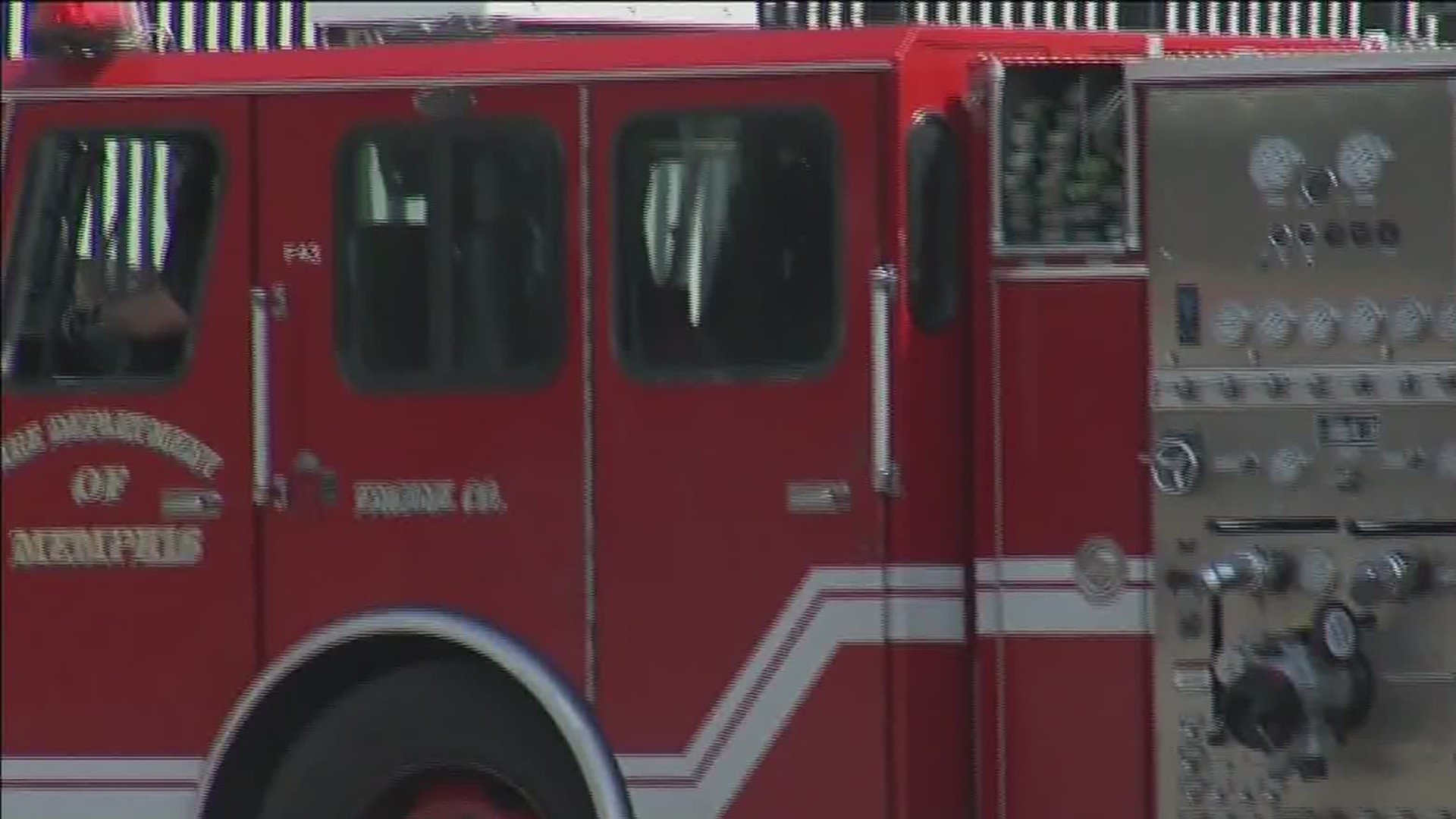MEMPHIS, Tenn. — Nothing is the same. Not a thing.
For Memphis Firefighters and Emergency Medical Technicians - every day, every call, could end up exposing them to COVID-19.
Memphis Firefighters Association President Thomas Malone says, “We’ve had 12 positive cases. All of them were off the job except for a couple. Five of those 12 have returned to work.”
Off the job means patients who called for an ambulance weren’t exposed. Firefighters were, however.
Malone says, “We had our high water of quarantine exposures at 199. We are now down to 115.”
You won’t get any complaints from Malone in how the department is handling life in Corona-ville. He has nothing but praise for the men and women on the front lines.
“They’re suiting up,” he says. “They’re wearing all their gear, like they’ve been instructed to. They are keeping a six-foot distance when they are asking patients what’s wrong with them.”
RELATED: Coronavirus live updates: US death toll surpasses 10,000; British PM moved to intensive care
-----------------------------------------
Coronavirus in Context:
The symptoms of coronavirus are similar to the flu or a bad cold. Symptoms include a fever, cough and shortness of breath, according to the Centers for Disease Control.
Most healthy people will have mild symptoms. A study of more than 72,000 patients by the Centers for Disease Control in China showed 80-percent of the cases there were mild.
But infections can cause pneumonia, severe acute respiratory syndrome, kidney failure and even death, according to the World Health Organization. Older people with underlying health conditions are most at risk.
The CDC believes symptoms may appear anywhere from two to 14 days after being exposed.
Lower your risk
- Wash your hands often with soap and water for at least 20 seconds. If soap and water are not available, use an alcohol-based hand sanitizer.
- Avoid touching your eyes, nose, and mouth with unwashed hands.
- Avoid close contact with people who are sick.
- Clean and disinfect frequently touched objects and surfaces.
- If you are 60 or over and have an underlying health condition such as cardiovascular disease, diabetes or respiratory illnesses like asthma or COPD, the World Health Organization advises you to try to avoid crowds or places where you might interact with people who are sick.

